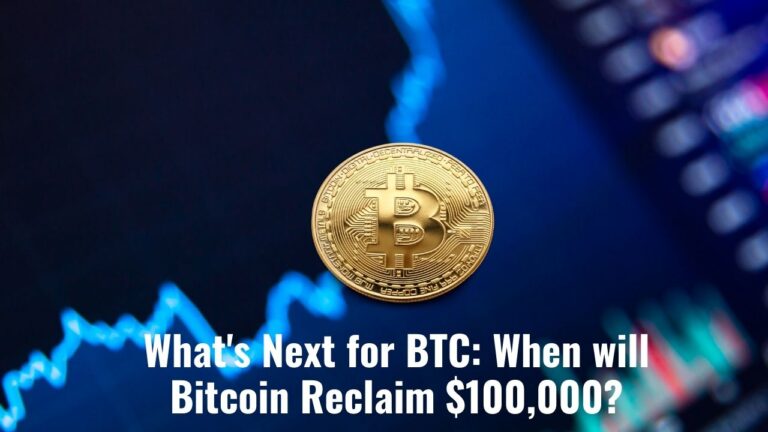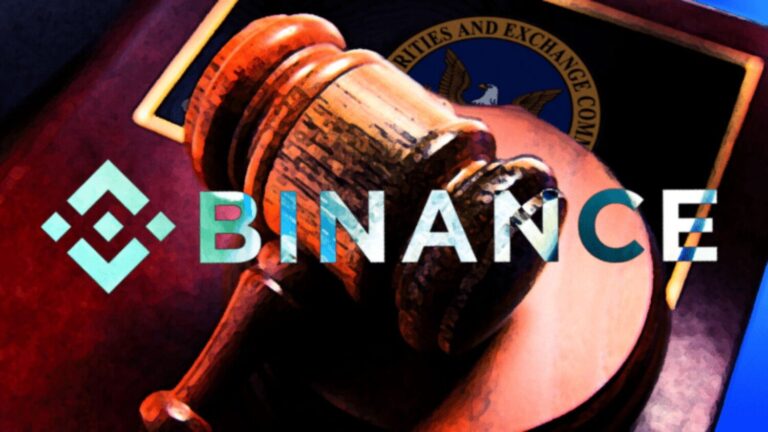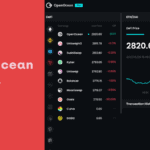Key takeaways:
- Mercado Bitcoin has been granted permission by Brazil’s central bank to participate in the pilot program for the digital real.
- The central bank will continue to expand the Real Digital Pilot platform’s participant base through June 2023.
The largest local cryptocurrency exchange, Mercado Bitcoin, has been granted permission by Brazil’s central bank to participate in the pilot program for the digital real, the central bank’s digital currency (CBDC).
According to the local newspaper Valour, the consortium is led by Mercado Bitcoin and includes partners including Mastercard, broker Genial, registrant Cerc, and financial software developer Sinqia. The state-owned Brazilian bank Caixa, Microsoft, and card maker Elo were all given the go-ahead by the central bank to take part in its CBDC experiment on Thursday.
As previously reported, the Central Bank of Brazil chose 14 organizations to participate in the CBDC pilot project in May of this year. These organizations included central regional private banks like Bradesco, Nubank, and Itaú Unibanco, as well as the country’s biggest bank Banco, do Brasil, and domestic securities firms B3. Microsoft and Visa, two multinational corporations, were also chosen to participate in the experiment.
A week after the test participants were discovered, on June 2, Mercado Bitcoin formally became a payment institution. Fabricio Tota, Mercado Bitcoin’s director of new business, said:
“Our participation validates the Central Bank’s intention to bring innovation to the financial system with those who have already been working with this technology and not just with the incumbents who have appropriated it,”
The central bank will continue to expand the Real Digital Pilot platform’s participant base through June 2023. Glovo asserts that the consortium intends to participate in testing of the governance structure for distributed ledger technology as well as the technical aspects of the network and the issue of CBDC and Treasury notes.
The central bank plans to introduce the CBDC by 2024 because it views digital currency as a means of boosting financial system involvement.
The Central Bank and Securities Commission of Brazil have been officially named as the regulatory bodies in charge of regulating the cryptocurrency market by the country’s executive branch. The government’s action aims to provide direction and regulatory control to the nation’s rapidly expanding crypto economy. On June 14, legislation was signed by President Luiz Inácio Lula da Silva that outlined the Central Bank’s and the securities regulator’s responsibilities with regard to cryptocurrencies.









